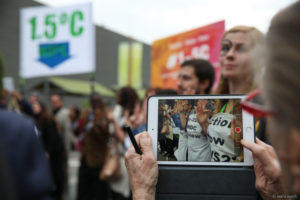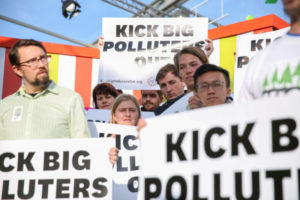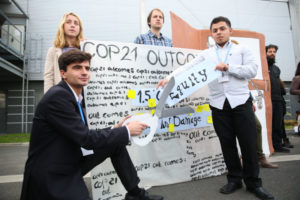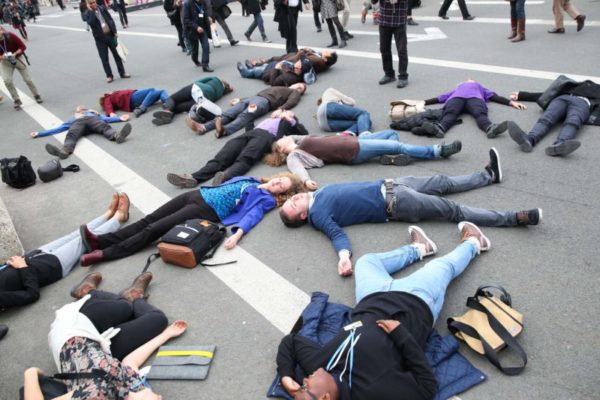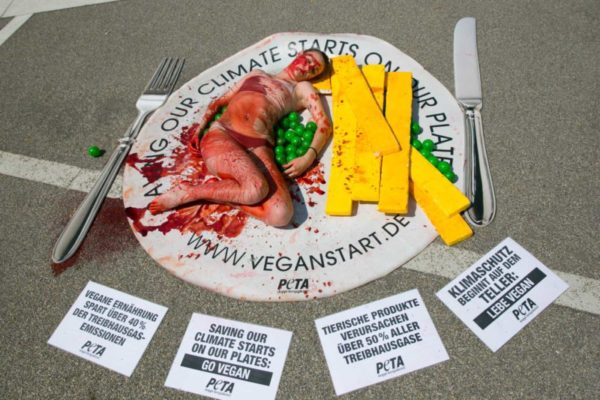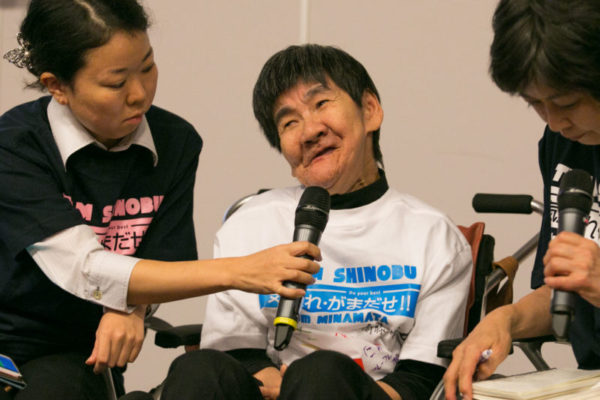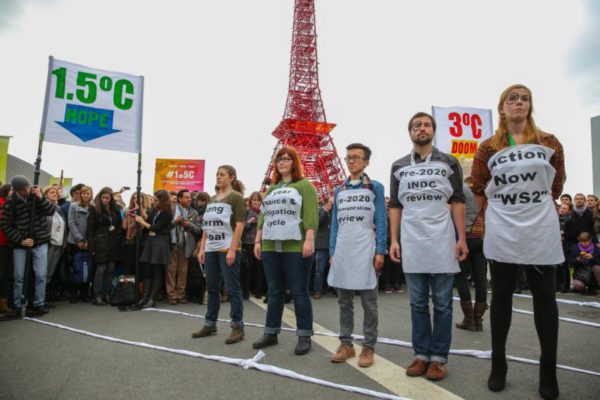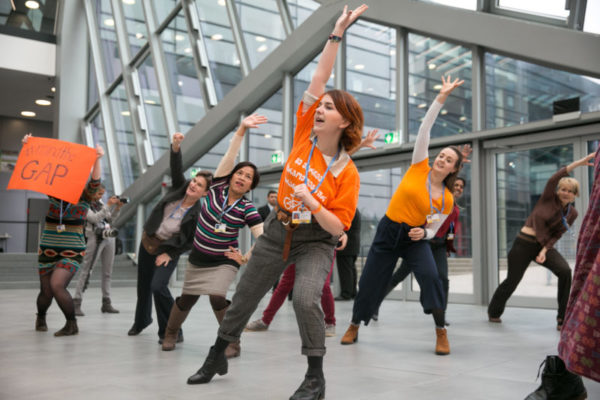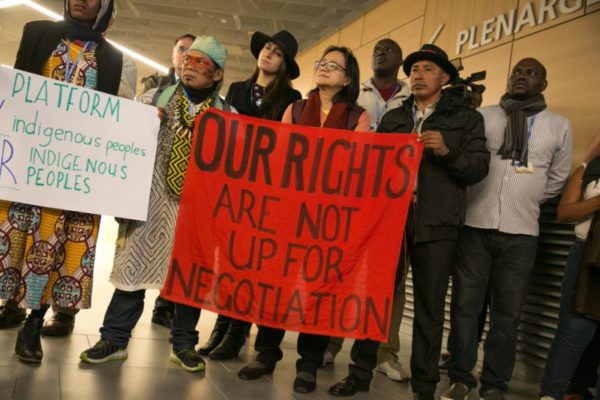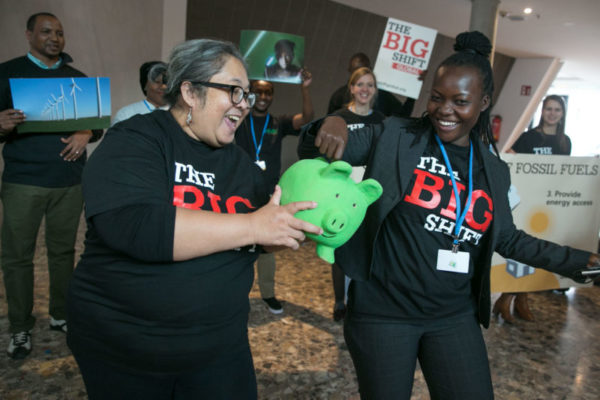The Voice of Civil Society in Global Negotiations
While the United Nations is predominantly focused on facilitating global governance with member states, non-governmental organisations and representatives of civil society play an increasingly important role in the formation and implementation of development and environment policy. Civil society groups not only help to ensure that national and international actors are held accountable, but they typically work within local communities, sharing experiences and giving a voice to the concerns of the marginalised.
During international negotiations, the participation of civil society is often limited and while they are not always able to engage formally in the negotiation process, they are able to hold demonstrations and actions to raise their concerns. The range of issues is immense, from climate change impacts, to biodiversity loss, to mercury poisoning, to attacks against human and environmental rights activists. These demonstrations are vitally important to the negotiation process – by highlighting the very real challenges being faced on the ground, they are able to remind delegates of our shared humanity and the urgency needed to create global sustainability.
This collection is part of my broader portfolio of work documenting the global negotiations on environment and development as part of the International Institute for Sustainable Development (IISD) Reporting Services team, producing the Earth Negotiations Bulletin.
